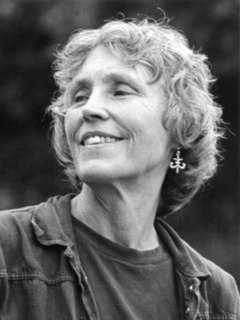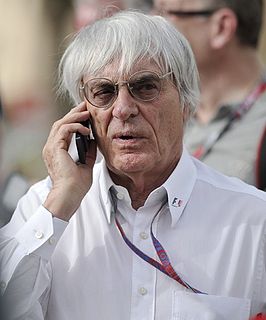A Quote by Fay Godwin
Look at lots of exhibitions and books, and don't get hung up on cameras and technical things. Photography is about images.
Related Quotes
I don't think it's necessary to put your feelings about photography in words. I've read things that photographers have written for exhibitions and so forth about their subjective feelings about photography and mostly I think it's disturbing. I think they're fooling themselves very often. They're just talking, they're not saying anything.
For a period of time, I carried cameras with me wherever I went, and then I realized that my interest in photography was turning toward the conceptual. So I wasn't carrying around cameras shooting stuff, I was developing concepts about what I wanted to shoot. And then I'd get the camera angle and do the job.
For a period of time, I carried cameras with me wherever I went, and then I realized that my interest in photography was turning toward the conceptual. So I wasn't carrying around cameras shooting stuff, I was developing concepts about what I wanted to shoot. And then I'd get the camera angle and do the job
Humans have changed the landscape so much, but images of the sea could be shared with primordial people. I just project my imagination on to the viewer, even the first human being. I think first and then imagine some scenes. Then I go out and look for them. Or I re-create these images with my camera. I love photography because photography is the most believable medium. Painting can lie, but photography never lies: that is what people used to believe.
With photography, everything is in the eye and these days I feel young photographers are missing the point a bit. People always ask about cameras but it doesn't matter what camera you have. You can have the most modern camera in the world but if you don't have an eye, the camera is worthless. Young people know more about modern cameras and lighting than I do. When I started out in photography I didn't own an exposure meter - I couldn't , they didn't exist! I had to guess.
I've seen films that have made as much as $100, $200 million, but they're not films. They're images. They're flashes. They're many beautiful images, lots of things to look at. They capture you. But it's not a film. It's not something that involves you in a story. They go to cinema now to be blown away by the effects.
I went to art school, wanting to be a painter and then I got into photography. Then it was movies, and I liked the images. One of the things that interested me in film was that I was communicating in images. That was something I did intuitively and could not even talk about until I started having to do interviews.
































